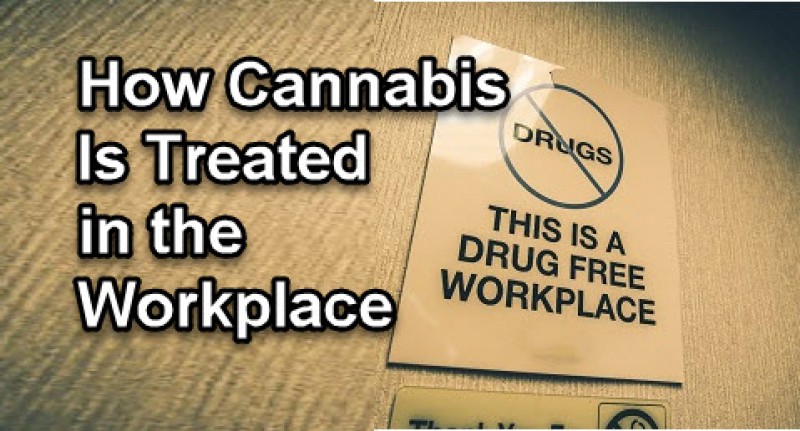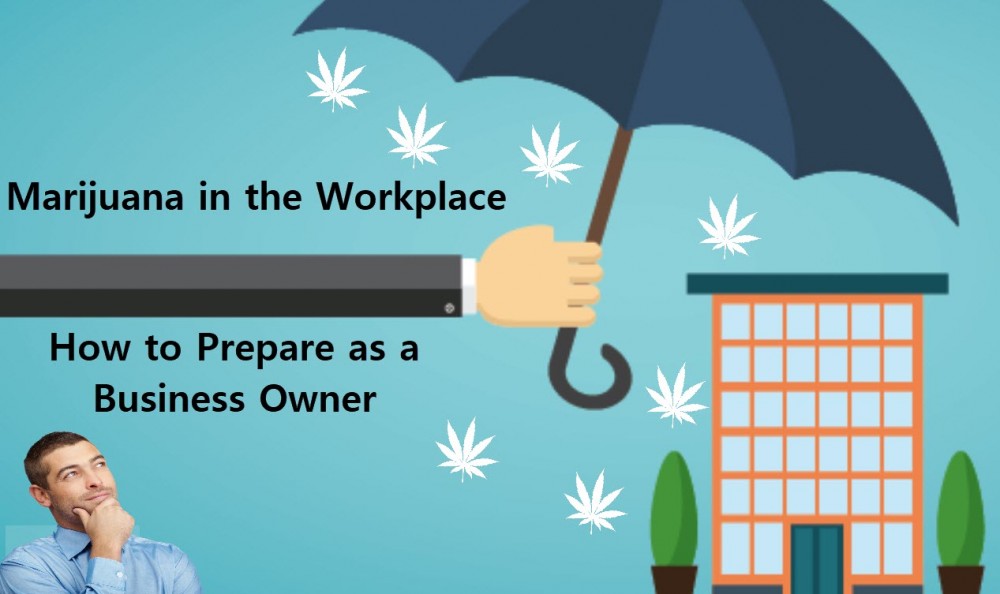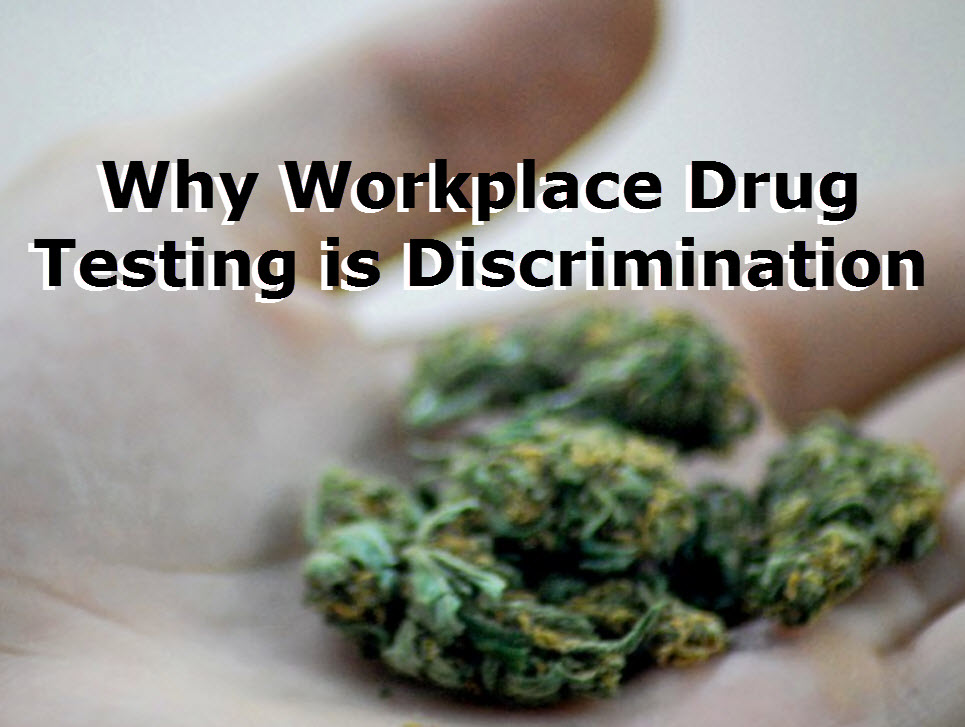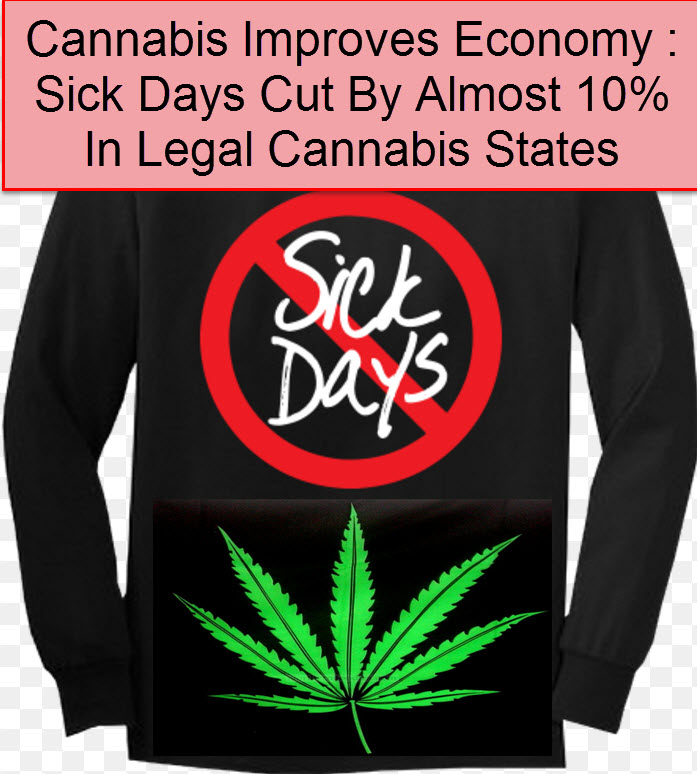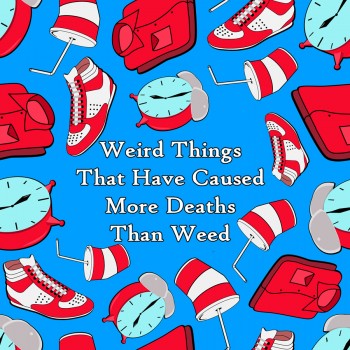How Cannabis is Treated in the Workplace
Cannabis has truly reached a new level of acceptance within America. A Gallup poll in 2016 found that 60% of Americans are in favor of the legalization of cannabis. That is up from just 25% in 1995. In 20 years, we have gone from cannabis being a well-known substance in the war on drugs to something Americans actually see as a benefit to society.
But growing pains will occur with any change in public opinion this dramatic. There was a time when cannabis was illegal everywhere on the state and federal level; now, federal and state laws vary wildly – sometimes in direct opposition of each other. The federal illegality remains, but 29 states have now altered their laws to allow for medical cannabis and eight states have fully legalized the plant for recreational use amongst adults.
So which laws take precedent? People must be safe to consume cannabis at this point, right? Not so fast – with most of the professional sector still looking down upon the use of cannabis, and the changing cannabis laws across the nation have created some unique situations within the workplace.

Holes in the Current Laws
Because of the negative association many employers have with cannabis, they often don't offer any more leniency than they are legally required to provide. This can lead to many situations in which the employer can work around what limited protections exist for cannabis users to discipline or even discriminate against them. Just because it might be legal to use cannabis for medical or recreational purposes, that doesn't necessarily mean that use will be protected within the workplace. Many states that have legalized cannabis to one degree or another still allow for employers to issue drug tests and even decide to terminate an employee based on that drug test.
This might seem like a strange policy – and you would be right. The thought process is compared to alcohol consumption. You're legally allowed to drink alcohol, but that doesn't give you the right to show up to work drunk.
That’s a wonderful sentiment, but there’s a huge problem for anyone with knowledge on cannabis. Cannabis consumption will show up on a drug test for weeks afterwards. So if we are using a drug test as the measure of responsible use, there is no responsible use of cannabis.
With no test to examine if an employee is currently under the effects of THC, employers in some areas can use a drug test as the only evidence they need to terminate an employee – legal, responsible user or not. It's also nearly impossible to hide cannabis use if tests are going to be issued as well.
Federal Regulations
One of the biggest problems with the cannabis industry in general is the fact that the substance is still considered illegal under federal law. That means all federal jobs are off the table for anyone in a state that has legalized cannabis for medical or recreational purposes. The Drug Free Workplace Act of 1988 requires that certain federal contractors and grantees provide working environments that are certifiably free of the influences of drug use. This essentially means that any job at all connected to the government will operate as if cannabis were totally illegal, even in states that have voted to change those prohibitions.
Current drug testing laws side heavily with the employer in almost every instance. There are some medical and recreational states that have imposed laws protecting the rights of the employee, but those laws are only applicable to non-federal positions. Most employers offer positions with the condition that the employee must sign some sort of employment agreement contract, which typically contains language giving permission to the employer to drug test at any time. Even if such a contract isn't signed, some positions are susceptible to automatic drug tests due to safety issues associated with them. These automatic tests are also part of the federal system that protects workers in conditions that require extensive safety procedures.
Some have wondered if employees who are considered disabled are exempt from the same mandates as other employees with respect to medical cannabis use. Unfortunately, the answer seems to fall somewhere in the gray area. In 2015, the Colorado Supreme Court ruled unanimously that Dish Network was legally permitted to fire a quadriplegic employee of theirs who tested positive for cannabis despite having a prescription. That case set the precedent that employers ultimately have the power to decide how to handle cannabis use within their workforces – even if you’re a responsible user and have the proper medical qualifications.
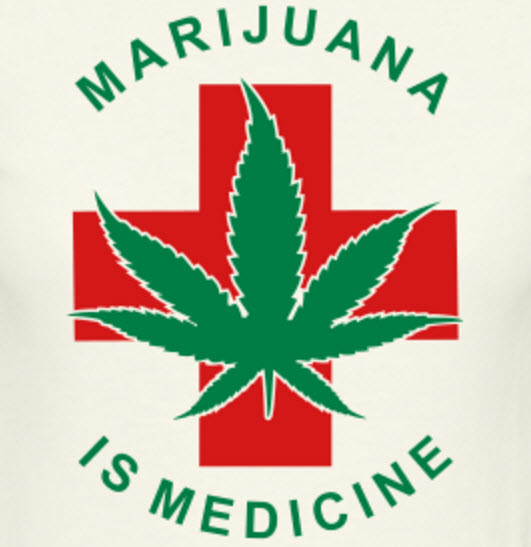
Medical Use and Your Job
If you need medical cannabis to deal with a health condition or chronic pain, it can be difficult to know how to approach the subject at work – heck, or if you even should. Many employers have started to see that cannabis use isn't as negative as it was once imagined and they are starting to look the other way in certain fields that would otherwise have a hard time attracting qualified candidates. One such industry is the ski industry in Colorado. They were quick to realize that strict guidelines against cannabis would not be in their best interests.
If you know your boss is a fair individual that might work with you, it's better to be up front about your medical cannabis use. Most employers who are tolerant of cannabis will respect an employee who is open about their use instead of trying to hide it. If they ask questions, don't be afraid to explain your need for it and how it helps you cope with your health condition. It's always best to be transparent with your employer regarding issues that could potentially affect your employment.
You might come across fellow employees who question your usage of cannabis. Perhaps they're skeptical of the benefits or they feel medical cannabis users are given special exceptions. Encourage those who question medical cannabis to research the efficacy of the treatment and how it can help alleviate pain, depression, insomnia, and a whole host of other ailments. By spreading knowledge, the cannabis industry can slowly move out of the shadows and into the eye of the well-informed public, both in the personal and professional sectors.
Heather Lomax is a contributing writer for Medical Marijuana Treatment Clinics of Florida. She regularly produces content for a variety of medical and cannabis blogs.
OTHER STORIES YOU MAY ENJOY...
CANNABIS AT THE WORKPLACE, CLICK HERE.
OR...
WHY WORKPLACE DRUG TESTING IN DISCRIMINATION, CLICK HERE.

